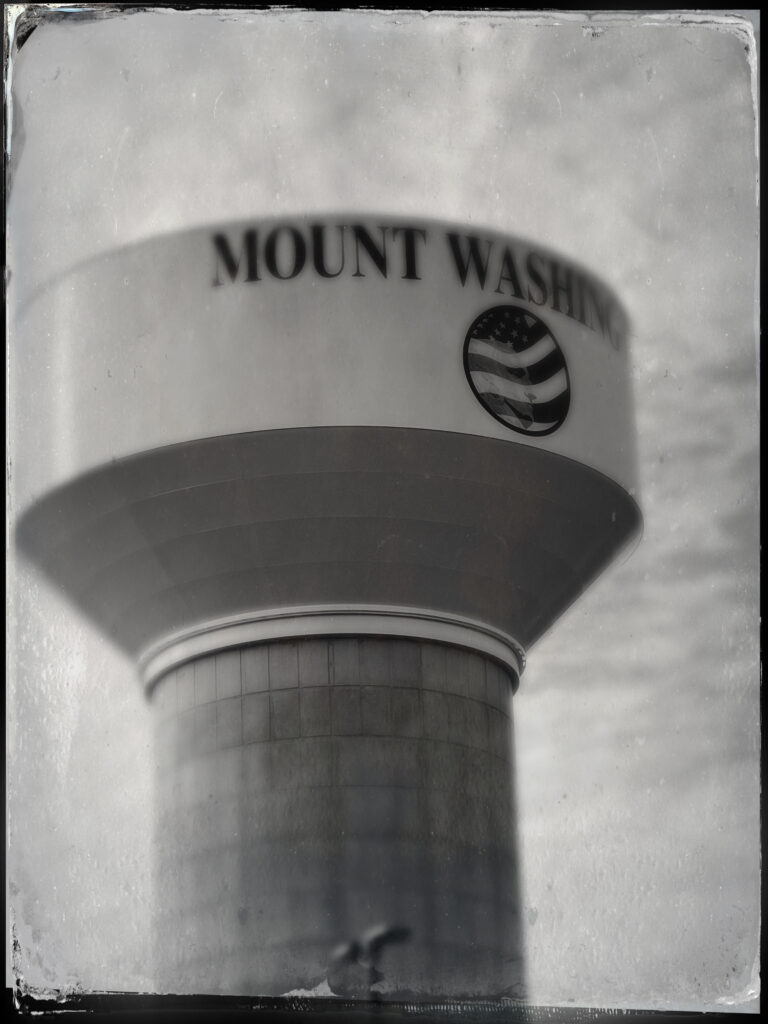
“The month of November makes me feel that life is passing more quickly. In an effort to slow it down, I try to fill the hours more meaningfully.” – Henry Rollins
Is it just me, or are the short work weeks the ones filled with craziness? It’s been a crazy busy week around these parts, and it’ll be even crazier as we head toward Thanksgiving.
Anyway, here we go…
10 Things Worth Sharing
This week’s 10 things…
- Political Scientist Ian Bremmer Breaks Down the Israeli-Palestinian Conflict
- Ummm… did you know there’s a sequel to the greatest film ever made to teach kids how to handle emotions? Yes, there’s an Inside Out 2 on the way.
- Why libraries are being considered “dangerous”
- An interesting problem worth investigating: Visualizing the World’s Space Debris by Country Responsible
- Help your students improve their concentration
- Why Don’t Americans Use the Metric System? (because ‘MERICA!!!!)
- 7 principles for AI in education
- Innovation spreads faster when you can observe it happening. Seeing is believing.
- Alice Keeler has a great FigJam activity on gratitude you can use with your whole class (FigJam, btw, is my recommended replacement for the soon-to-be-extinct Jamboard)
- Finally, I wonder if the Manifesto of the Idle Parent could be modified into a Manifesto of the Idle Teacher. Certainly, we should push our students to do more and more of the work on their own as they grow, giving us time to help those who still struggle. Oh, and give us time to drink coffee…
BONUS: I’ve been jamming to this album from Azymuth, a Brazilian jazz-funk band. It’s fantastic and makes for great background music while you work
The Eclectic Educator is a free resource for everyone passionate about education and creativity. If you enjoy the content and want to support the newsletter, consider becoming a paid subscriber. Your support helps keep the insights and inspiration coming!
